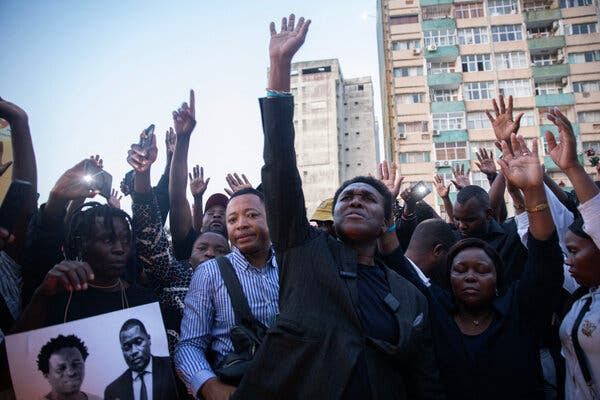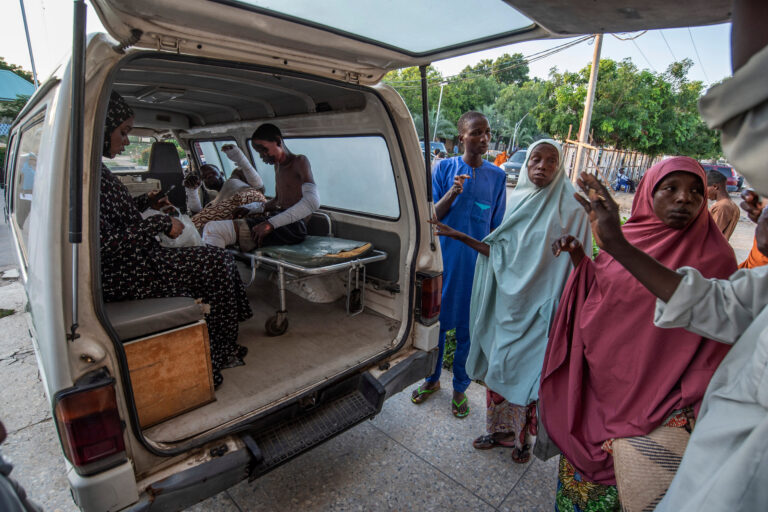With electricity scarce, Africa’s most populated country struggles to provide lifesaving cooling without worsening the very crisis causing the heat.

This article is part of a special section on the Climate Forward conference hosted by The New York Times.
In Lagos, Nigeria’s largest city, temperatures have exceeded 95 degrees Fahrenheit multiple times this year — a level that, combined with the region’s pervasive humidity, strains the human body’s ability to cope. Without relief, even healthy individuals face potentially dangerous consequences.
For residents like Lateefat Rasaq, a civil servant living in Lagos with her husband and four children, the impact is frightening. “When it gets that hot, I often feel dizzy and faint,” she said. “I’m not just worried about myself — I fear for my children’s safety.”
Ms. Rasaq and her family, like many people in Nigeria, cannot afford an air-conditioner. Instead, the Rasaqs rely on a fan to cool their apartment. However, Nigeria’s near-daily blackouts frequently leave them without even this basic cooling method.
As average global temperatures rise because of climate change, sub-Saharan African nations, including Nigeria, are experiencing even faster rates of warming. A study published in the journal Nature Sustainability identifies Nigeria as one of five countries expected to see the highest surge in heat exposure if temperatures rise by 2 degrees Celsius. And as temperatures surge, so does Nigeria’s population: Today, one in seven Africans live in Nigeria. By 2050, the United Nation projects that Nigeria — about twice the size of California — is expected to overtake the United States as the world’s third most populous country.
Nigeria’s rising temperatures and growing population are, in turn, spurring increased demand for cooling solutions. But access to air-conditioning and even fans is limited because of both cost and Nigeria’s dire energy shortage — only about 60 percent of Nigerians have access to electricity, and many face unreliable power supply and live in housing that offers little protection from extreme heat. That leaves nearly 115 million Nigerians, more than half of the country, without adequate access to cooling, according to Sustainable Energy for All, a nonprofit organization launched by the United Nations.


